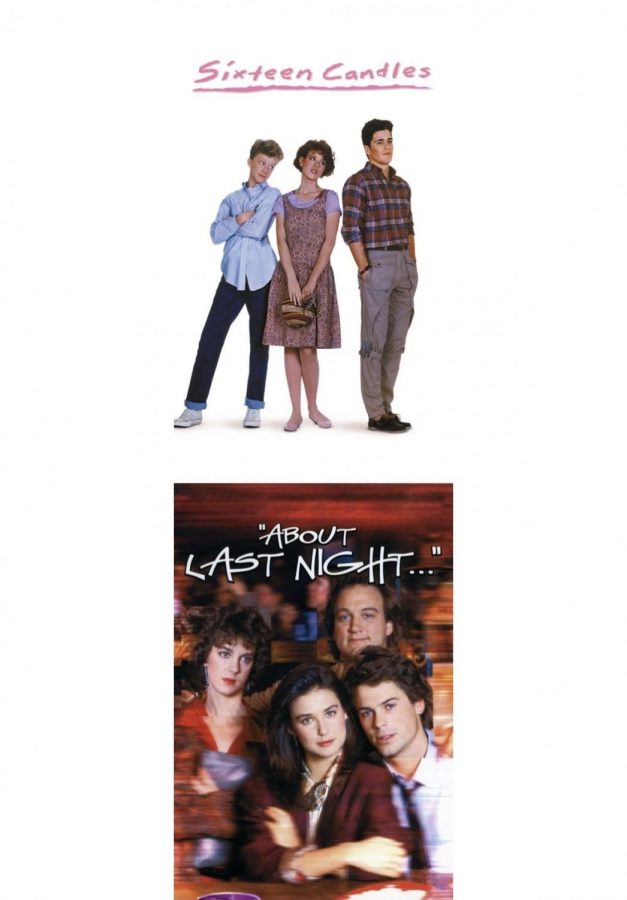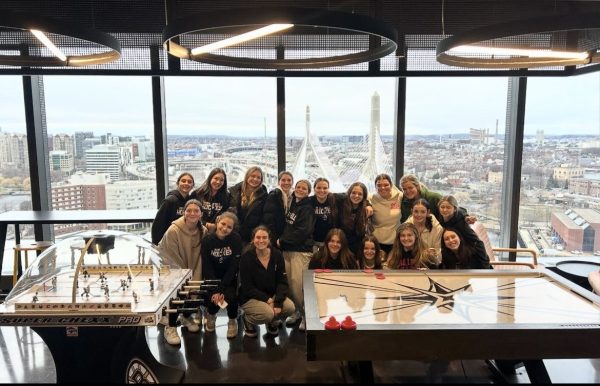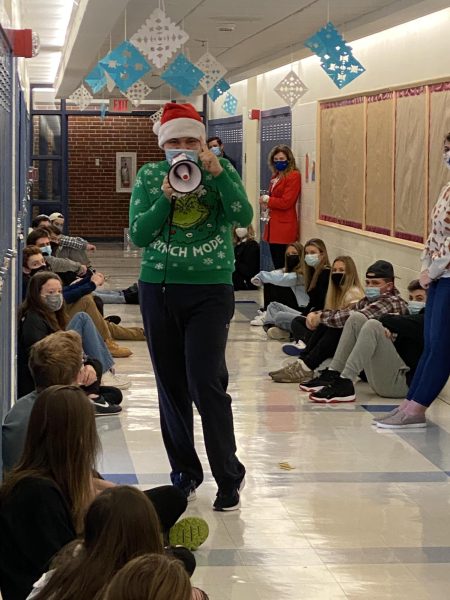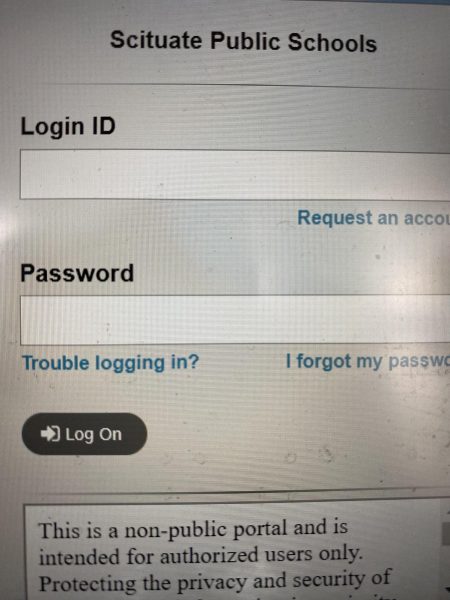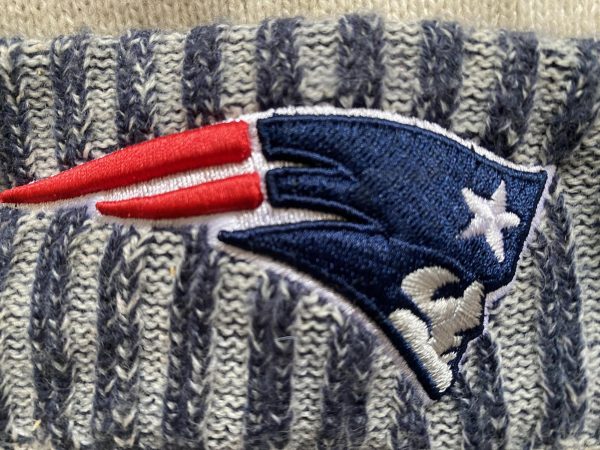80’s Movies are Discreetly Discriminatory
April 7, 2021
The John Hughes era of teenage romantic comedies from the 1980s was so obsess-worthy that the popularity of them has reached Gen-Z. The Breakfast Club, Sixteen Candles, and other movies starring Molly Ringwald have been romanticized by our generation. These movies capture a time with no cell phones or social media. Teenagers actually asked each other out on dates while using dial phones with a long cord.
I have recently been on an 80’s movie binge-watching kick. Although I love the traditional and unique aspects of teenage life from my parents’ generation, I was shocked by the blatant racism and sexism that was overlooked by the audience.
In the 1984 version of Sixteen Candles, starring Molly Ringwald as Samantha Baker, the racism was jaw-dropping. Especially after a year of racial justice protests and calls for equity, I couldn’t help but notice racism throughout the film.
“Long Duk Dong,” who is staying with Samantha’s grandparents, is a Chinese exchange student. Although Long Duk Dong is played by an Asian-American actor, the obviously exaggerated Chinese accent is extremely racist and stereotypical. Every time the Chinese exchange student speaks, a gong is hit in the background, a clear indication of the film’s insensitivity to traditional Chinese culture. Furthermore, while eating dinner, Long Duk Dong uses chopsticks while the rest of the family uses forks and knives. “Donger” was a nickname Dong called himself in the movie, which apparently became a popular term in real life–used by actual high school students across America as racist ammunition toward the AAPI community.
The Chinese stereotypes and racism portrayed in Sixteen Candles left me shocked. I couldn’t imagine any Hollywood producers putting that kind of racism in movies today–and getting away with it.
In About Last Night, a 1986 film starring Rob Lowe and Demi Moore, the misogyny and sexism left me feeling uncomfortable. Colin, the main character’s best friend, wants to take a “broad” home from the bar at the end of each night. Colin uses this offensive term multiple times. Colin is constantly trying to get his best friend, Danny, to ditch his girlfriend, so he too can take a different girl home every night. He encourages Danny to stop picking up his girlfriend’s phone calls, saying their relationship is getting too serious.
Google’s definition of a “broad” is “a woman with loose morals.” Personally, I find the term to be offensive, denouncing the worth of a woman as an object. The young Rob Lowe’s dreamy blue eyes could not distract me from realizing the differences in the treatment of women just 30 years ago.
It’s unfathomable to think this language would be used in movies today. I find hope in knowing society has improved during the last few decades. Thankfully, movie producers are more mindful of harmful words used against minority groups. This change proves Hollywood is beginning to understand what’s portrayed on television or on the screen can have a far-reaching impact on its audience.
